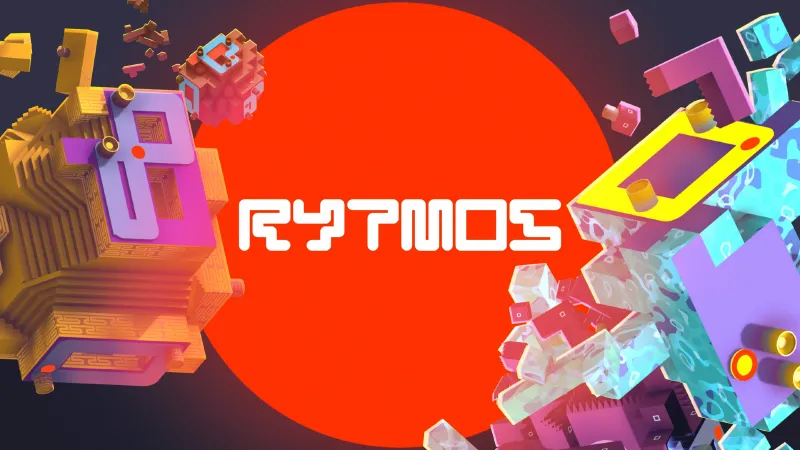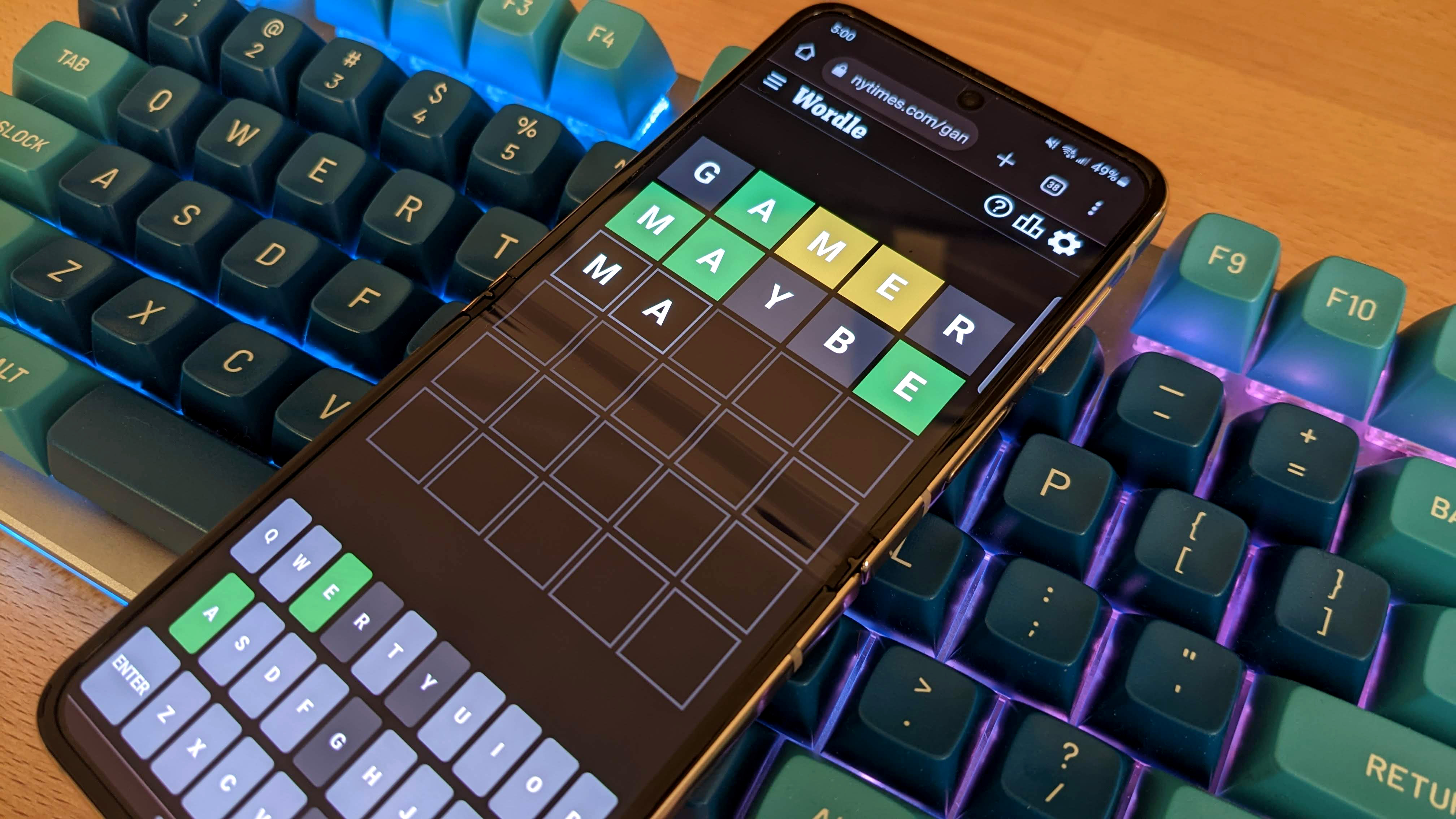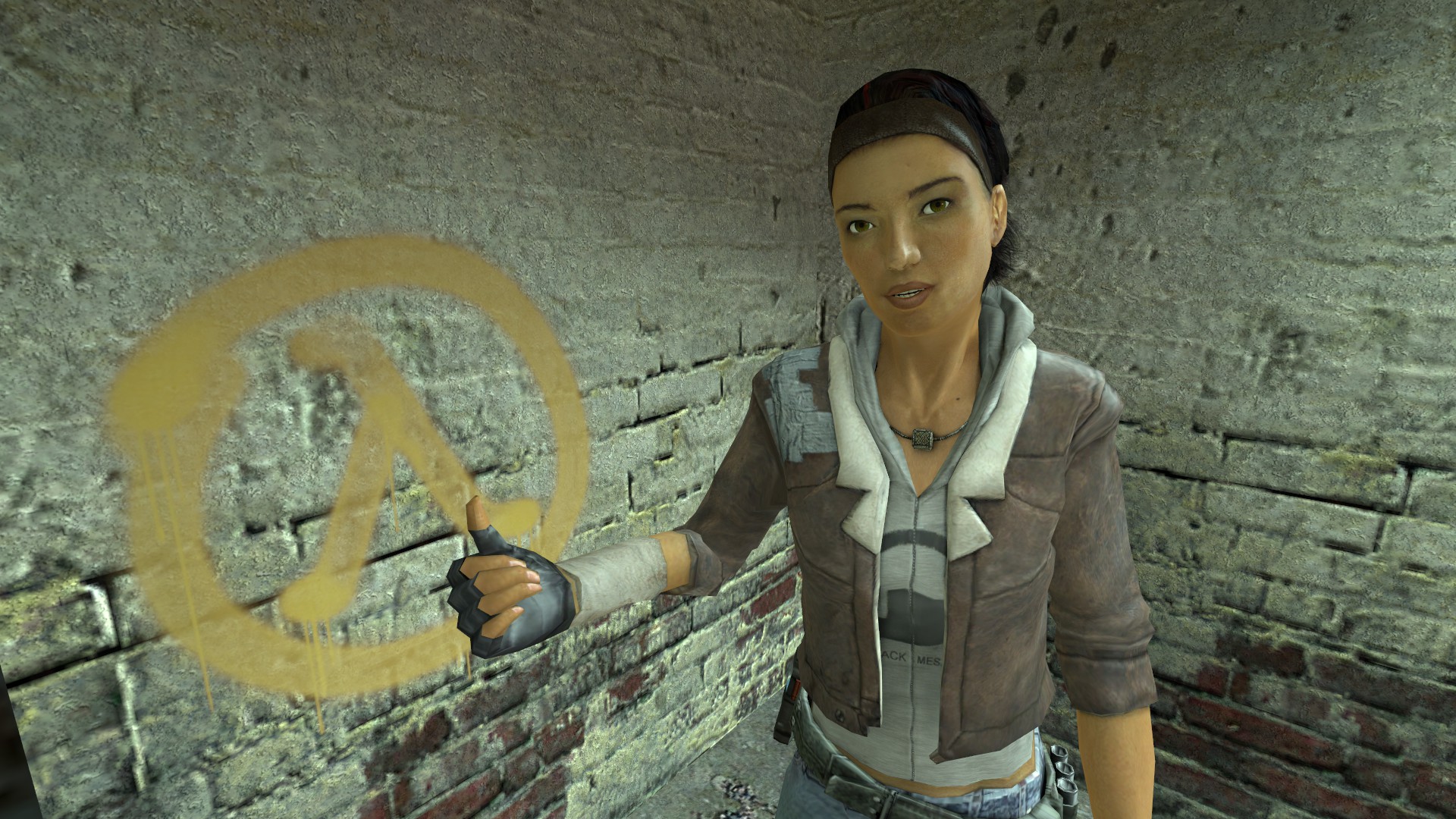
Reviewed on: PC Platform: Switch, PC Publisher: Floppy Club Developer: Floppy Club Release: February 28, 2023 Rating: Everyone Anyone who makes or writes music knows that the path to a complete track isn’t a linear one. It’s a process where instruments weave in and out of the composition on the whim of the person making it. And even when the vision is clear, and you know exactly where you want to take the song, be it behind a drum set, a keyboard, a loop track, or even a computer, things can get in the way. Rytmos, developer Floppy Club’s first non-mobile game, nails that feeling. It uses puzzles to extract the joy, escalation, triumphs, and trials of making music, and it does so with great success. The game begins with a non-descript universe put into disarray and tasks you with repairing each planetary system, made up of 18 puzzles. Each of the seven astral bodies is routed back into orbit after completing the puzzles. It’s a simple setup, and colorful, spacey, lo-fi visuals give Rytmos’ art style a certain warmth that extends throughout the rest of the experience. Floppy Club builds each puzzle upon the same foundation – use the mouse or analog stick (on Switch) to move a red-orange disc through standing pillars on a track. Each pillar represents a different aspect of the song you’re building through these puzzles, and to complete a puzzle, you must move the disc through each pillar and back to the starting point, creating a loop. That loop is the first of six loops you’ll make to build the song. Puzzles begin easy but continue to grow in challenge at an engaging pace. Floppy Club throws in different obstacles to tease the brain, like ice cubes that continue to move until they hit a wall, warp portals, origami-like rocks that move with your disc, and more. What I like most about these puzzles is that, much like the rest of the game, they’re more about the feeling of building something than they are obstacles in your way of an end goal. There’s challenge to be had, and one particular puzzle left me stuck for roughly 15 minutes, but the puzzle-wary need not fear what’s in store within Rytmos’ few hours of play. I loved hearing each track come to life as I completed puzzles, and learning more about each system’s specific musical genre taught me new things, such as how an instrument is played, a genre’s place in a given culture, and more. One system’s music is inspired by traditional Mbira music from Zimbabwe. There’s another that uses early 1980s Japanese environmental music, which the game taught me was used back then to fill ambient spaces like grocery stores. I especially liked the system inspired by 1960s and ‘70s Ethiopian Jazz, and on top of these genres not often highlighted in games, each set of puzzles rewards you with the primary instrument used to create the track. Using the game’s built-in loop record system, you can then play that instrument to create your own beats. As someone familiar with real loop systems and the creation of beats, Rytmos’ recording procedure isn’t as in-depth as I would have liked, but it’s a nice introduction to how a loop track can work. Those not interested in creating their own beats will still find joy in playing around with the instruments, though. And there’s an excellent selection of instruments, too. The usuals, like guitars, are there, but Floppy Club shows great respect for the art of music by including instruments from different cultures around the world. Rytmos is short and sweet, and its minimalist visuals and zen-like beats left me feeling warm. Its puzzles match everything else the game is doing, and it all works together well to highlight the music, its inspirations’ place in history, and the instruments that create it. The audiophile pedigree of Floppy Club shines through in Rytmos, and it feels designed specifically with musicians and music enthusiasts in mind, but puzzle fiends will also find a chill afternoon of challenges to play through here, too. Score: 8.5 About Game Informer's review system Purchase
Reviewed on:
PC
Platform:
Switch, PC
Publisher:
Floppy Club
Developer:
Floppy Club
Release:
February 28, 2023
Rating:
Everyone
Anyone who makes or writes music knows that the path to a complete track isn’t a linear one. It’s a process where instruments weave in and out of the composition on the whim of the person making it. And even when the vision is clear, and you know exactly where you want to take the song, be it behind a drum set, a keyboard, a loop track, or even a computer, things can get in the way. Rytmos, developer Floppy Club’s first non-mobile game, nails that feeling. It uses puzzles to extract the joy, escalation, triumphs, and trials of making music, and it does so with great success.
The game begins with a non-descript universe put into disarray and tasks you with repairing each planetary system, made up of 18 puzzles. Each of the seven astral bodies is routed back into orbit after completing the puzzles. It’s a simple setup, and colorful, spacey, lo-fi visuals give Rytmos’ art style a certain warmth that extends throughout the rest of the experience. Floppy Club builds each puzzle upon the same foundation – use the mouse or analog stick (on Switch) to move a red-orange disc through standing pillars on a track. Each pillar represents a different aspect of the song you’re building through these puzzles, and to complete a puzzle, you must move the disc through each pillar and back to the starting point, creating a loop.
That loop is the first of six loops you’ll make to build the song. Puzzles begin easy but continue to grow in challenge at an engaging pace. Floppy Club throws in different obstacles to tease the brain, like ice cubes that continue to move until they hit a wall, warp portals, origami-like rocks that move with your disc, and more. What I like most about these puzzles is that, much like the rest of the game, they’re more about the feeling of building something than they are obstacles in your way of an end goal. There’s challenge to be had, and one particular puzzle left me stuck for roughly 15 minutes, but the puzzle-wary need not fear what’s in store within Rytmos’ few hours of play.
I loved hearing each track come to life as I completed puzzles, and learning more about each system’s specific musical genre taught me new things, such as how an instrument is played, a genre’s place in a given culture, and more. One system’s music is inspired by traditional Mbira music from Zimbabwe. There’s another that uses early 1980s Japanese environmental music, which the game taught me was used back then to fill ambient spaces like grocery stores. I especially liked the system inspired by 1960s and ‘70s Ethiopian Jazz, and on top of these genres not often highlighted in games, each set of puzzles rewards you with the primary instrument used to create the track.
Using the game’s built-in loop record system, you can then play that instrument to create your own beats. As someone familiar with real loop systems and the creation of beats, Rytmos’ recording procedure isn’t as in-depth as I would have liked, but it’s a nice introduction to how a loop track can work.
Those not interested in creating their own beats will still find joy in playing around with the instruments, though. And there’s an excellent selection of instruments, too. The usuals, like guitars, are there, but Floppy Club shows great respect for the art of music by including instruments from different cultures around the world.
Rytmos is short and sweet, and its minimalist visuals and zen-like beats left me feeling warm. Its puzzles match everything else the game is doing, and it all works together well to highlight the music, its inspirations’ place in history, and the instruments that create it. The audiophile pedigree of Floppy Club shines through in Rytmos, and it feels designed specifically with musicians and music enthusiasts in mind, but puzzle fiends will also find a chill afternoon of challenges to play through here, too.
Score:
8.5
About Game Informer’s review system



